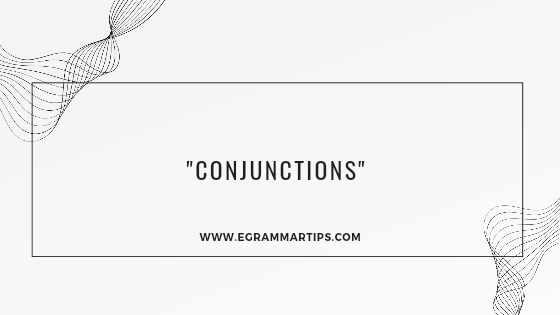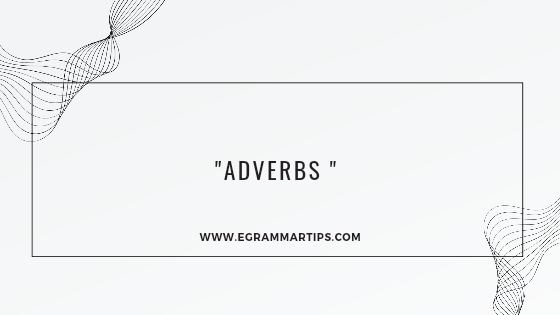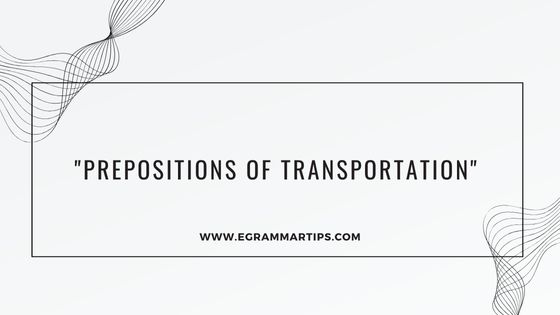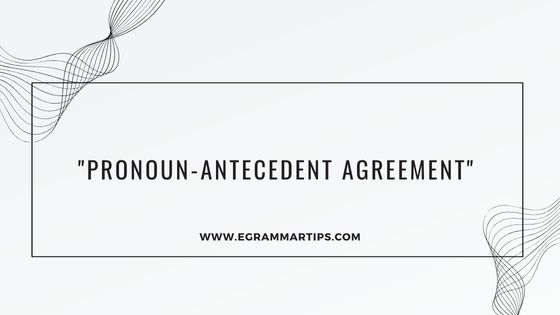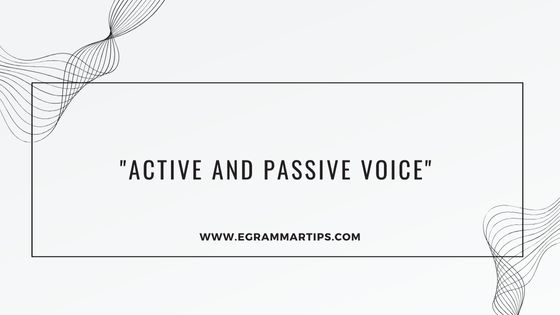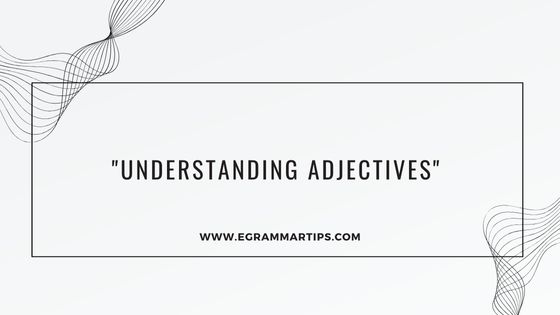1. Introduction to Conjunctions Conjunctions are essential in English grammar as they link words, phrases, or clauses, helping to create fluid, connected sentences. Using conjunctions properly improves writing clarity and…
1. Understanding Adverbs in Detail Adverbs do much more than modify verbs; they modify adjectives, other adverbs, entire clauses, and sentences. They bring precision to English by answering how, when,…
Prepositions of transportation are used to describe how someone travels or moves from one place to another. They help clarify the mode of transport and how the individual interacts with…
1. Introduction to Adjectives Adjectives are an essential part of speech that enrich language by providing additional information about nouns and pronouns. They help to specify and clarify meaning by…
Compound words play an essential role in English grammar. They enhance language efficiency by combining two or more words to form a single word with a distinct meaning. This lesson…
What is Pronoun-Antecedent Agreement? Pronoun-antecedent agreement refers to the rule that a pronoun must agree with its antecedent in number, gender, and person. The antecedent is the noun or noun…
Active Voice and Passive Voice are two ways of constructing sentences based on who performs the action and what the action affects. Active Voice In active voice, the subject of…
Subject-verb agreement is an essential rule in English grammar where the subject must match the verb in number and person. Below are the key rules with examples to guide you….
Tenses are fundamental to understanding and using English, as they indicate when an action occurs. There are three primary tenses in English—Present, Past, and Future—each with four aspects: Simple, Continuous…
1. What Are Adjectives? An adjective is a word that describes or gives more information about a noun (person, place, thing) or pronoun (he, she, they). In simple terms, adjectives…
